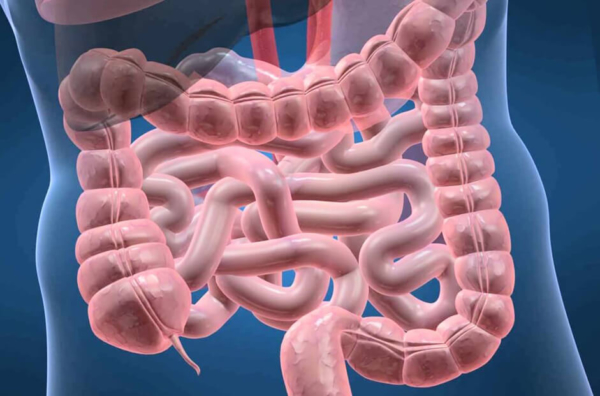Five Ways To Develop and Keep A Healthy Gut
In the past, our digestive system was considered a relatively uncomplicated body system. But increase research on the topic in the past two decades has elucidated an incredibly complex system and how vital it is to our well-being.
Studies show that there are positive links between gut health and the immune system. Gut microbiome refers to the microorganisms that live in our intestines. Each person has about 300 to 500 different species of bacteria in their alimentary canal. Though some of these organisms are harmful, a lot of them are beneficial and even necessary to a healthy body.
Avoid a high-sugar or processed diet
Food that is processed and includes added sugars can reduce the number of useful bacteria in the gut. This imbalance can result in increased sugar cravings which becomes a cycle of gut damaging behavior. To avoid this, abandon foods that are canned and opt for fresh foods. Also eat carbohydrates that do not come with a mix of ingredients and are not from a factory. Eating plenty of lean protein and foods with a lot of fiber contributes to a healthy gut microbiome.
Get sufficient sleep
Not having enough sleep or restful sleep can negatively impact our gut health. Sleep allows your body to recover from microscopic accidents that occur during waking hours. Try to prioritize sleep and get at least 7-8hrs a day. Not only does sleep affect your bowel but the reverse is also the case. According to a 2017 National Sleep Foundation survey, 37% of US adults report their sleep quality is poor. Melatonin, a sleep hormone is produced in the brain. In the gut, an amino acid known as tryptophan can be converted into melatonin and help regulate sleep. Unfortunately, this back-up-plan requires a healthy gut.
Stay hydrated
Water is one of the key ingredients to a properly functioning gut. Drinking plenty of water has been shown to have a beneficial effect on the lining of the intestines as well as keeping the “good” bacteria more that the “bad” ones. It also helps to get rid of toxins that could damage the cells in your gut and helps to keep waste soft enough to be easily evacuated from your intestines.
Exercise regularly
Regular exercise has been proven to improve the heart, health, and promote weight loss or maintenance. Researcher Bernardo A. Petriz et al. also suggests that exercising may also improve gut health which could in turn assist in controlling obesity. It was discovered that athletes have a larger variety of gut flora than nonathletes. However, athletes ate a different diet from the control group which could account for the differences in their microbiomes.
Avoid smoking
Smoking is one of the worst habits you can pick up. It negatively affects gut health as well as heart and lung health. In a 2018 research by Savin Z. et al. that was published over a 16-year period, it was found that smoking alters the intestinal environment by relatively increasing the harmful bacteria. These effects may increase the risk of developing conditions like inflammatory bowel disease.
Article by Vital Guidance






